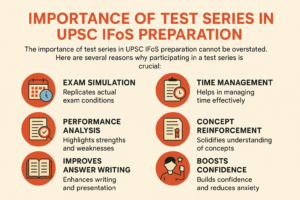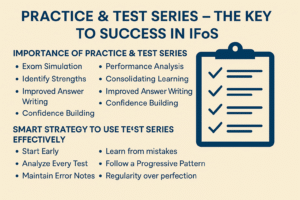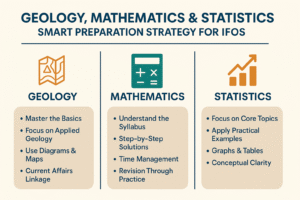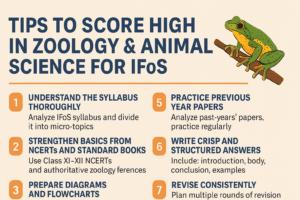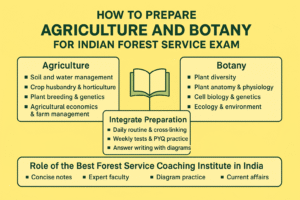Preparing for the UPSC Civil Services Examination (CSE) while working full-time is one of the toughest challenges an aspirant can face. Balancing a demanding job, family responsibilities, and a rigorous exam like UPSC requires smart time management, consistency, and discipline. Many working professionals have successfully cleared UPSC while managing jobs — proving that with the right strategy, it is possible.
This guide provides practical time management tips for working professionals to prepare effectively for UPSC Prelims and Mains.
1. Set Clear Goals
Define your ultimate target: IAS, IPS, or other services.
Break down the vast UPSC syllabus into achievable short-term goals (weekly & monthly).
Prioritize topics based on your strengths and weaknesses.
2. Create a Realistic Study Schedule
Dedicate 3–4 hours daily on weekdays and 6–8 hours on weekends.
Early mornings (5–8 AM) are ideal for focused study before work.
Use travel time or lunch breaks for revision, current affairs, or podcasts.
3. Follow the 80/20 Rule
Focus 80% of your effort on high-priority areas:
NCERTs,
Standard textbooks (Laxmikant for Polity, Spectrum for Modern History, etc.),
Current Affairs (newspapers, PIB, Yojana).
Spend 20% on advanced topics, optional subjects, and answer writing.
4. Integrate Work and Study
Utilize commute with audio notes or UPSC podcasts.
Discuss topics with colleagues or peers preparing for UPSC.
Relate your work experiences to governance, policy, and administration.
5. Smart Use of Weekends
Saturdays: Revise the entire week’s syllabus, attempt mock tests.
Sundays: Deep study for optional subjects, essay writing, or answer practice.
Ensure at least one full-length test every two weeks.
6. Leverage Technology
Use apps like Evernote, Notion, or OneNote for digital notes.
Install news apps with daily summaries to save time.
Practice quizzes on apps/websites during breaks.
7. Maintain Health and Energy
Sleep at least 6–7 hours daily.
Exercise or meditate 20 minutes a day to improve focus.
Avoid burnout by scheduling short breaks after every study session.
8. Make Use of Leaves and Holidays
Plan casual leaves for intensive revision before exams.
Use long weekends for full-length mock test marathons.
Take 2–3 weeks off before Prelims and Mains for final preparation.
9. Focus on Quality, Not Quantity
Even 3 focused hours are better than 6 distracted hours.
Stick to limited, standard resources and revise multiple times.
Avoid wasting time on unnecessary study materials.
10. Build Consistency and Motivation
Track daily progress in a planner.
Join a mentorship program, test series, or study group for accountability.
Remind yourself of your ultimate goal: serving the nation as a civil servant.
Conclusion
For a working professional, UPSC preparation is less about the number of hours studied and more about how effectively those hours are utilized. With discipline, the right strategy, and consistent revision, success is achievable. Remember — many toppers have cleared UPSC while working, and you can too!
FAQs on Time Management for Working Professionals Preparing for UPSC
Q1. How many hours should a working professional study daily for UPSC?
A: Ideally, 3–4 hours on weekdays and 6–8 hours on weekends. Quality matters more than quantity.
Q2. Is it possible to clear UPSC while working full-time?
A: Yes, many toppers were working professionals. With consistent effort, proper planning, and smart time management, it is possible.
Q3. What is the best time for working professionals to study?
A: Early morning (before work) is best for fresh focus. Evenings can be used for revision and answer writing.
Q4. How should weekends be used for UPSC preparation?
A: Focus on mock tests, revision, and optional subject preparation. Weekends are crucial for covering bulk study.
Q5. Should working professionals join coaching for UPSC?
A: Coaching is optional. If you struggle with discipline or need guidance, online/offline coaching and test series can help.
Q6. How to balance office work and UPSC preparation?
A: Use small pockets of time (commute, breaks), limit distractions, and prioritize UPSC study over leisure activities.
✅ SEO Keywords included: Time management for UPSC, UPSC preparation tips for working professionals, how to study for UPSC while working, UPSC time management, IAS preparation with job.



